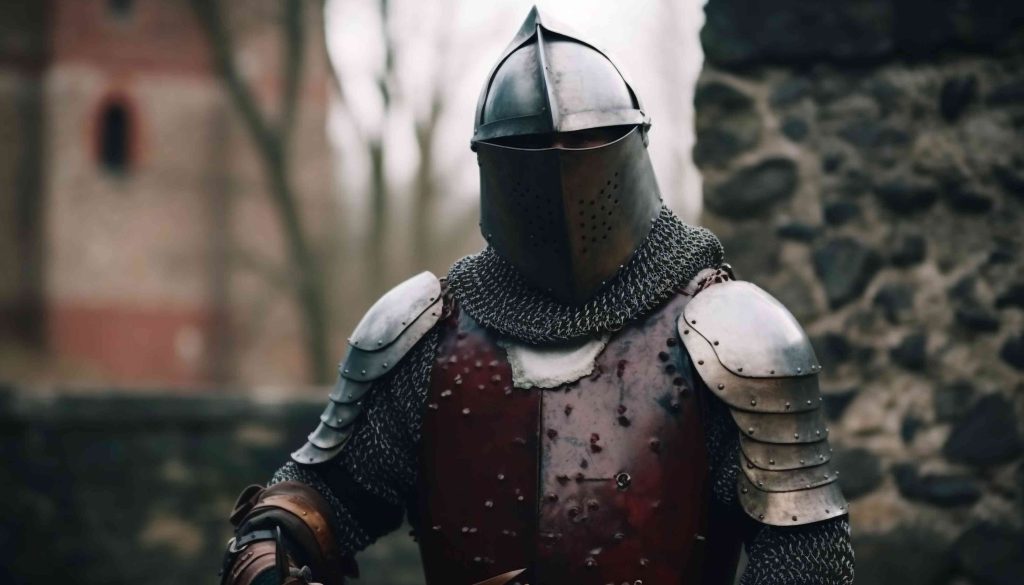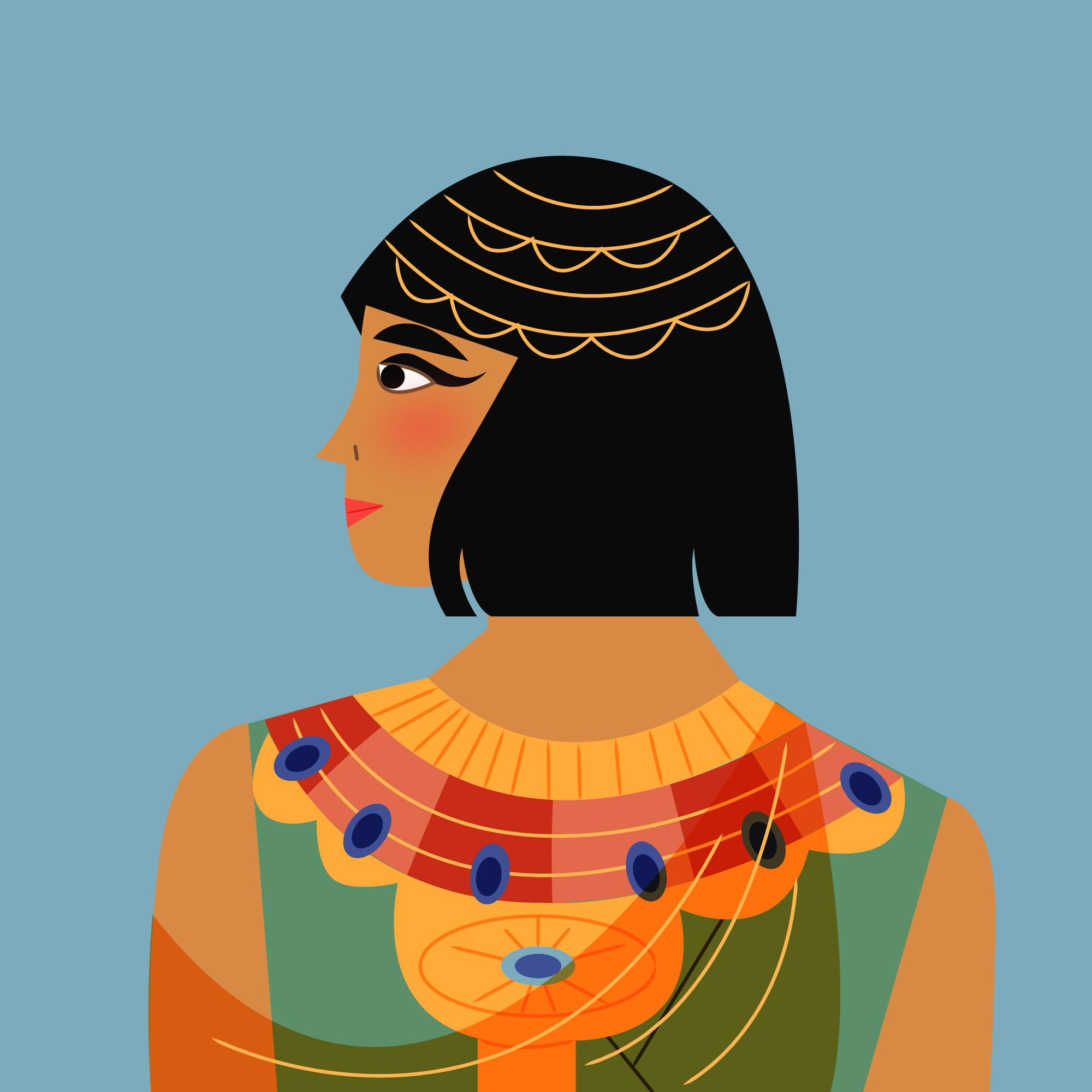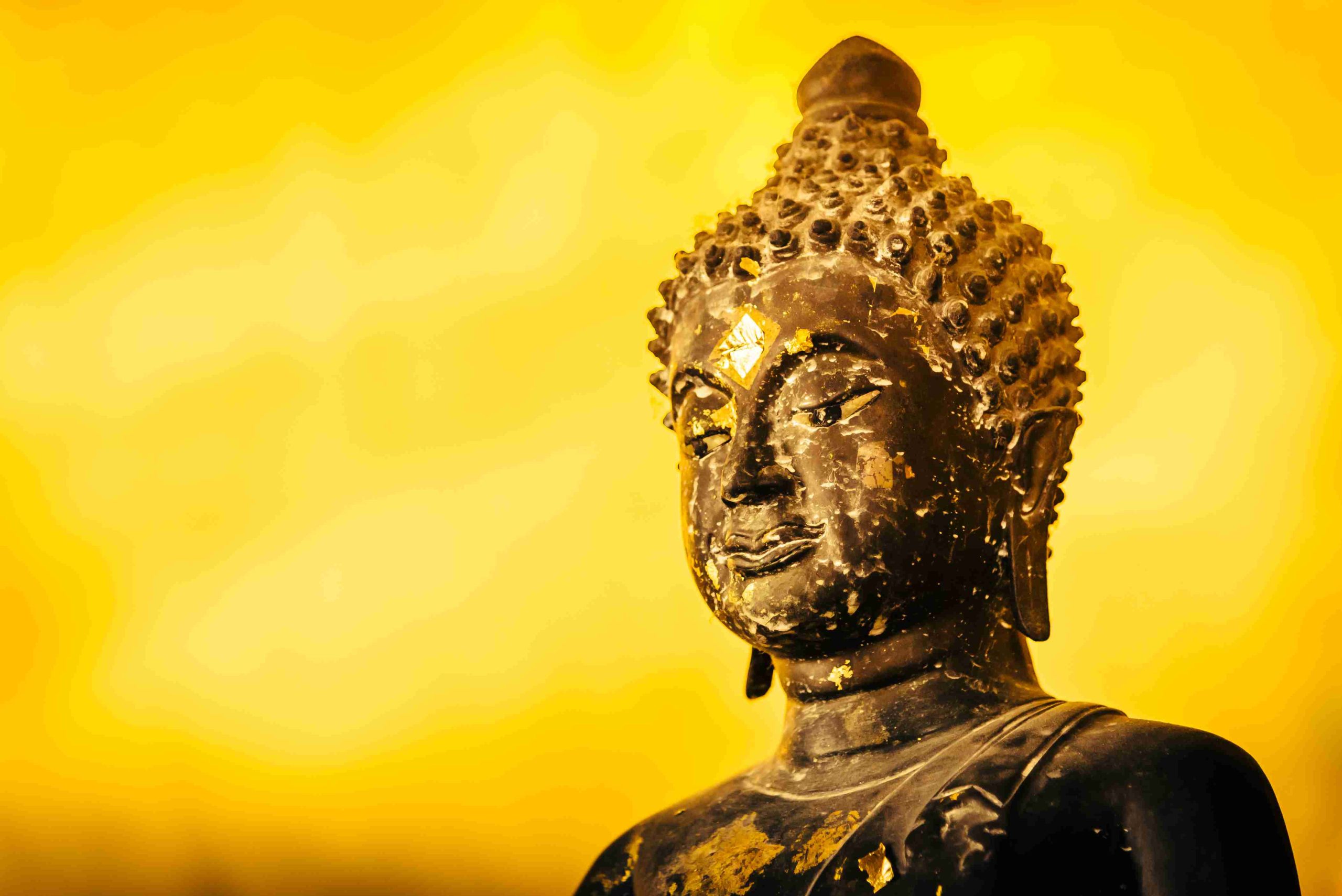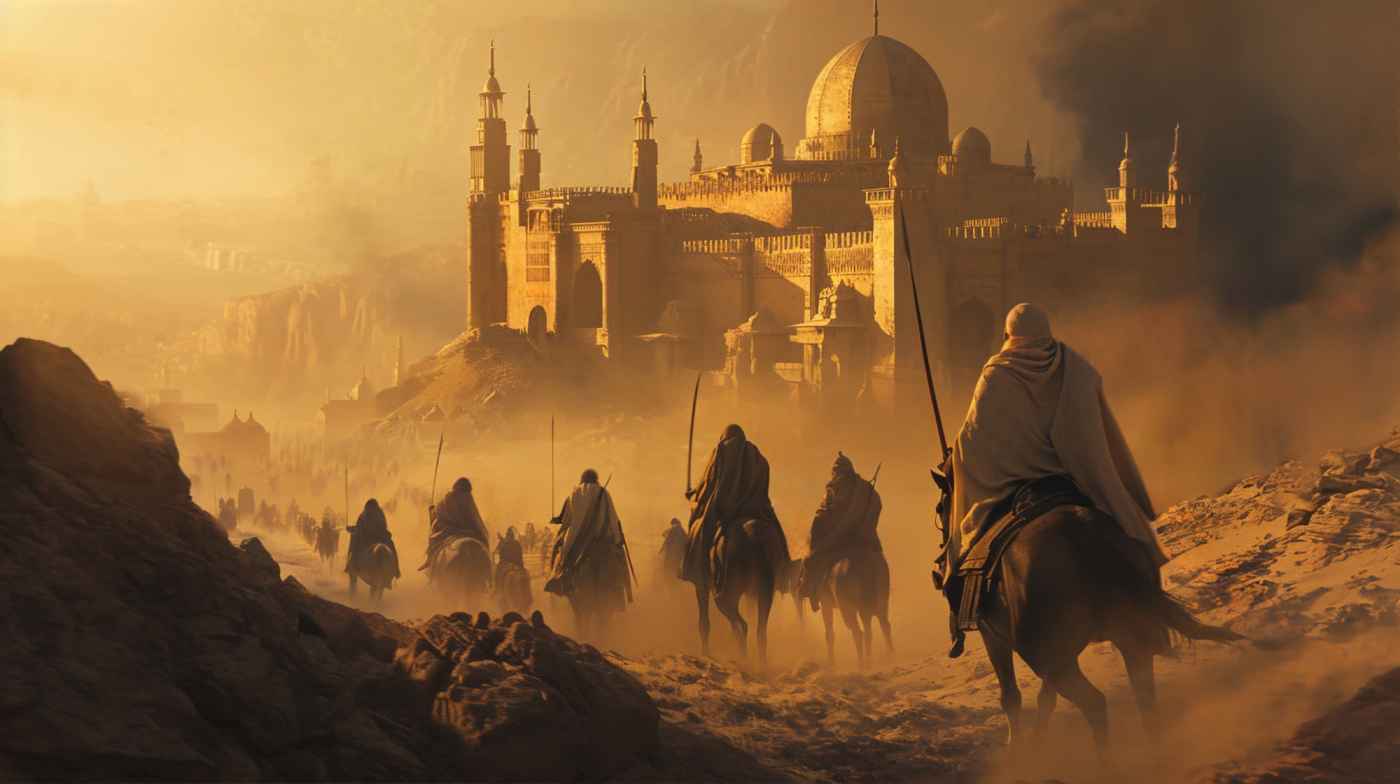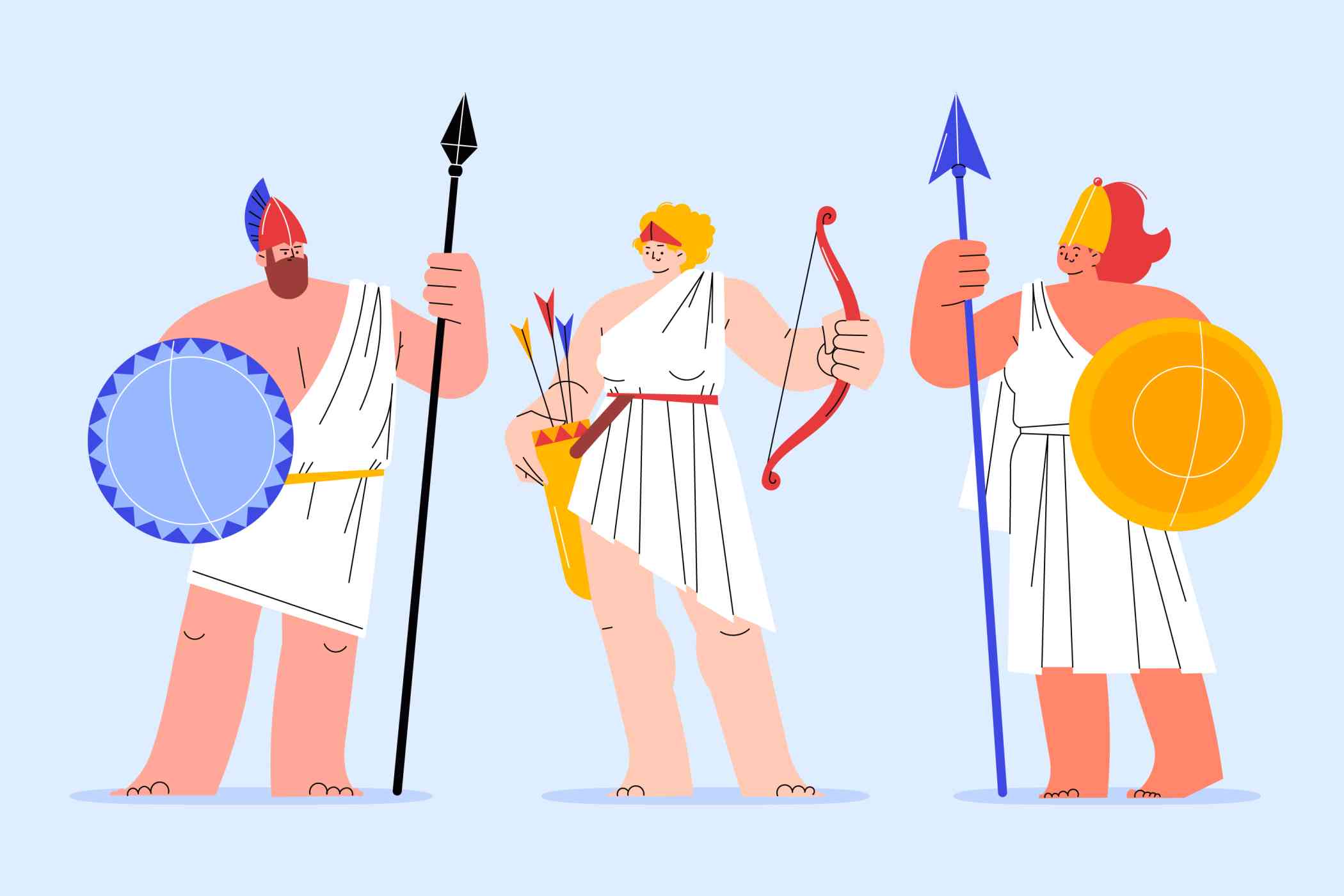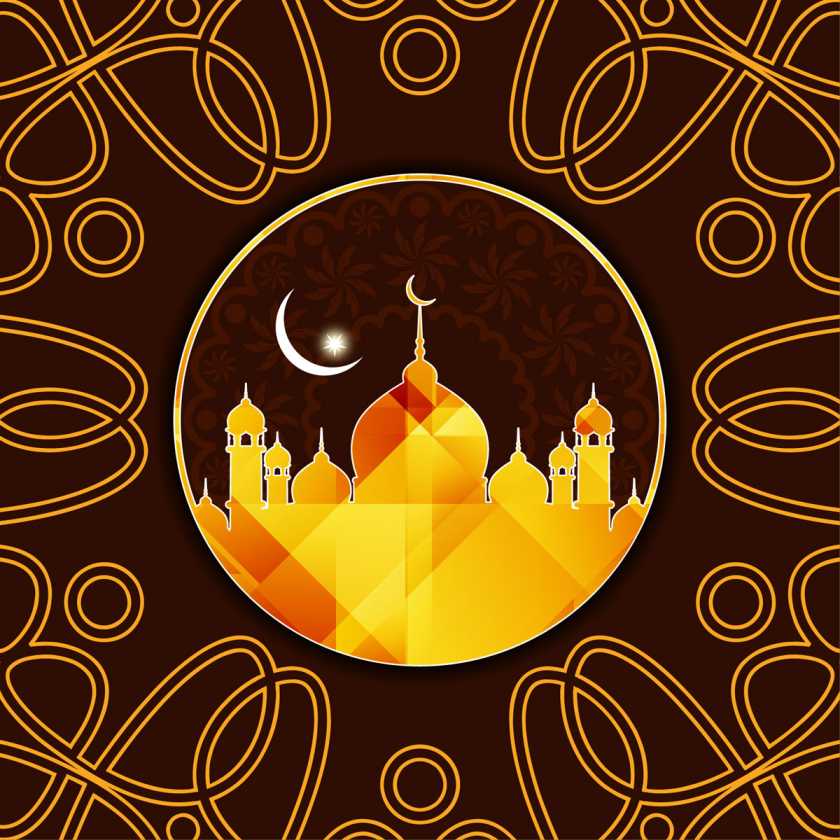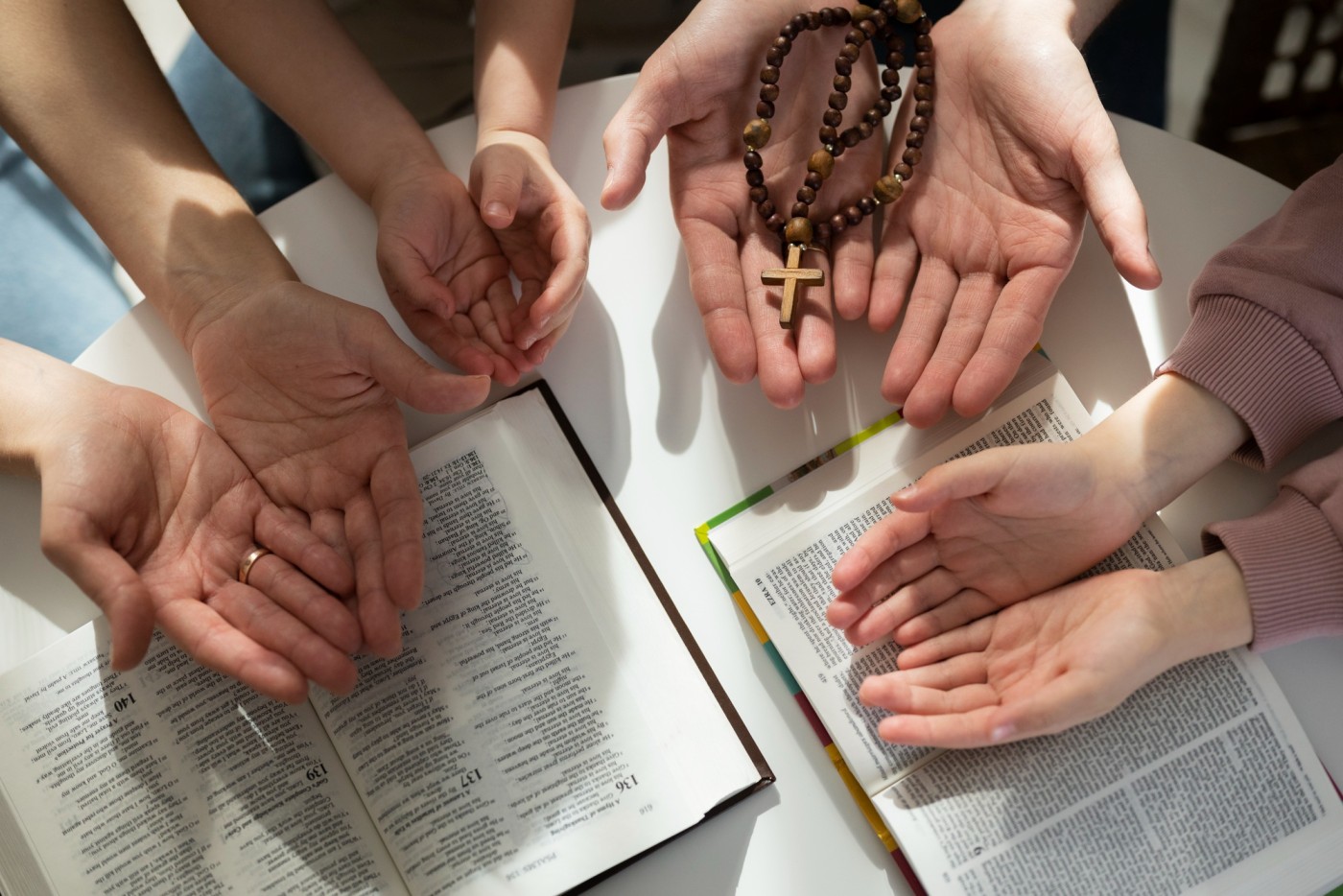It was a preeminent military event and religious event between the 11th and 13th centuries. It was characterized by religious fanaticism, as it was a series of campaigns initiated by the Latin Church in the context of a wider fight by Christians against Muslims in a struggle for supremacy. These conflicts changed the contours of geopolitics and social life during those times, and remained an enduring historiographical topic on contemporary perceptions of it as an aspect of religion, identity, and conflict.
The First Crusade was proclaimed in 1096 after a plea from Byzantine Emperor Alexios I Komnenos for assistance against the advancing Seljuk Turks. That call was amplified by Pope Urban II’s rallying speech at the Council of Clermont and ignited enthusiasm among Christians throughout Europe, resulting in a mass mobilization of both knights and commoners. Many decided to brave the odds and travel to this destination, inspired by a promise of spiritual merit, such as remission of sins. In 1099, the Crusaders managed to capture Jerusalem after a long siege, which was one of the most significant victories for Christendom.
The victory in the First Crusade certainly initiated an inevitable cycle of revenge and wars. The next Crusades, for example, in the Second from 1147-1149 and the Third from 1189-1192, were the continuing ultimatums for both the ambitions of the European powers and the growing need to maintain control of the Holy Lands. The strong Muslims-with their leader, Saladin-being able to capture Jerusalem from the crusaders were a clear manifestation of the turning tide.
The attention of people like Richard the Lionheart, coupled with brilliant documentary coverage of crusading events, could not ultimately yield Jerusalem back to the influence of Christendom forever. The Crusades had a dramatic effect on trade and cultural exchanges between East and West. Wandering in the Middle East, Crusaders found highly developed civilizations that instructed them in their philosophies, scientific advances, and cultural customs.
This trade left far-reaching repercussions on European society and helped end feudalism’s twilight and heralding the dawn of Renaissance. New products, spices, and concepts changed markets and lifestyles within Europe, fostering a budding economy that paved the way for the Age of Exploration.
The crusades also changed the psyche of the Medieval European man on a social level. In fact, many Europeans came to see themselves in much an identity-formation as being part of a unified Christian front along with other Europeans. This unity concealed divides within it. Fighting for Christ has led to increased persecution practices toward those who are not Christians, Jews broadly included, whom scapegoat and accuse sin against the Crusades. Such growth in religious intolerance ushered future wars, especially the Inquisition as well as sectarian divisions.
The impact of the crusades thus spanned beyond the immediate history. Theirs is a continuing study and debate by historians and scholars even today. They reflect the complex causes, which perhaps earn them a rich and multifaceted view of human behavior in war, which ranged from sincere faith to personal gain. To understand Crusades in both historical and modern terms is to encourage an interrogation of the many parallels of modernity, just in how one relates to the conflicts across high religious convictions and with the dramatic need for ideology.
The Crusades were far more than wars for territorial acquisition; they profoundly influenced the future of Western and Eastern civilizations. For students of history, they reveal some of the most significant insights regarding religion, culture, power, and legacy and very much their resonance across the ages.

